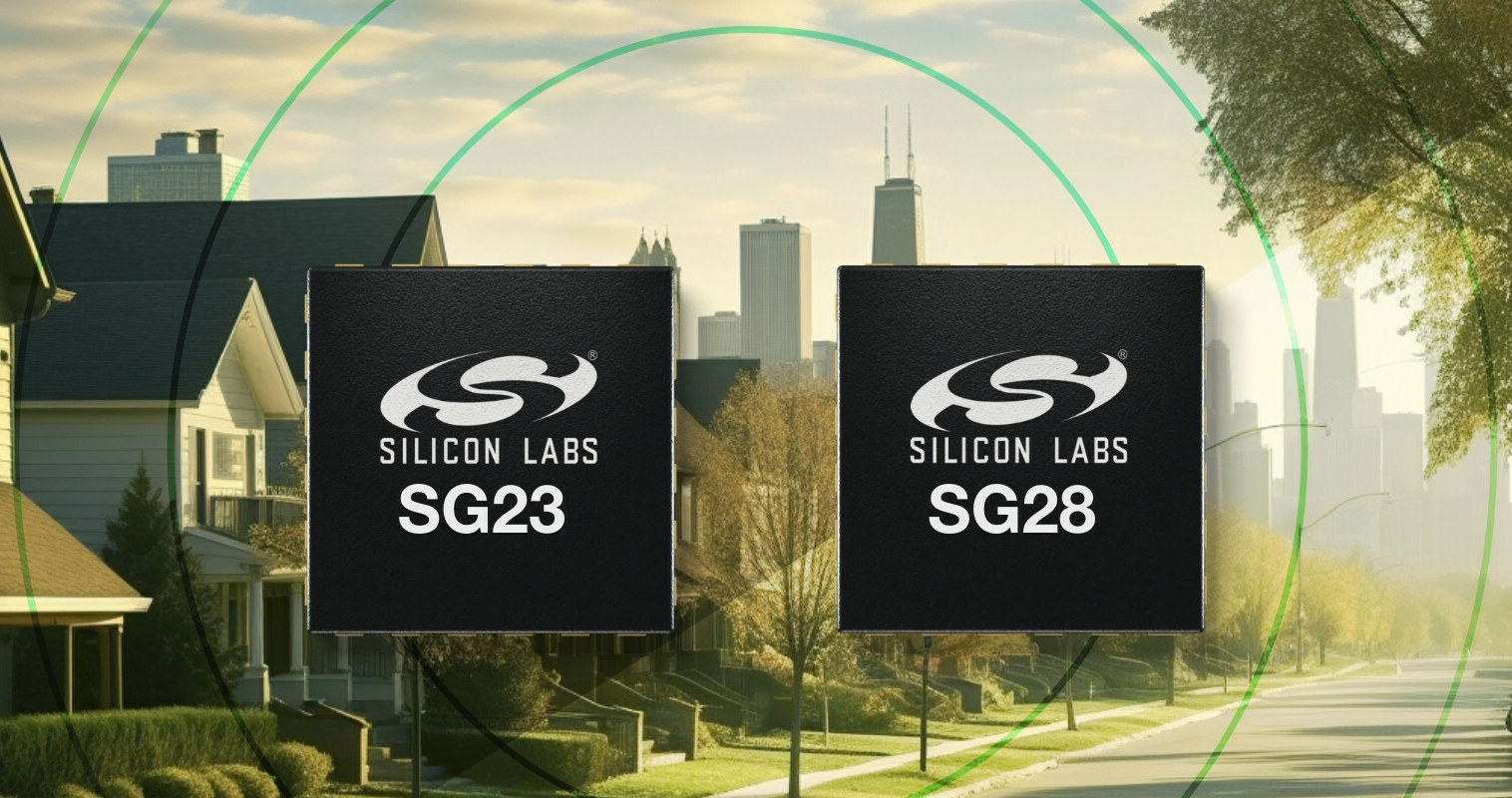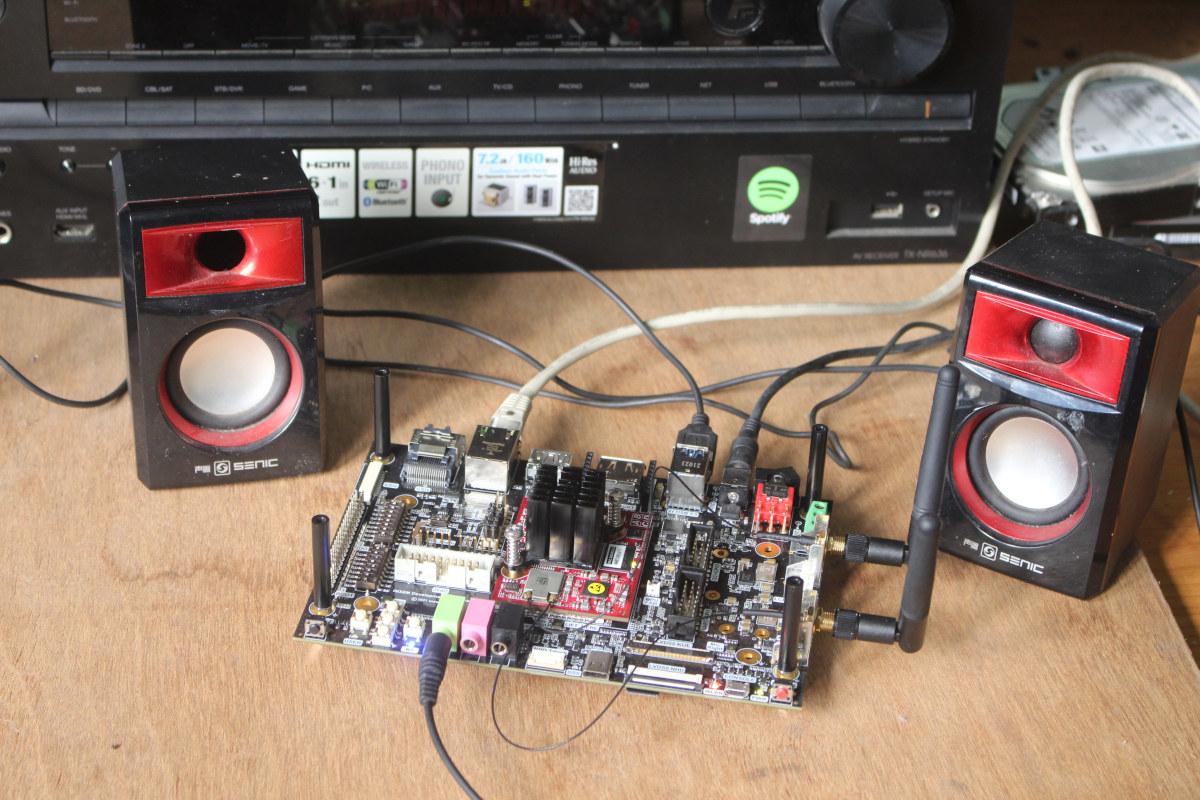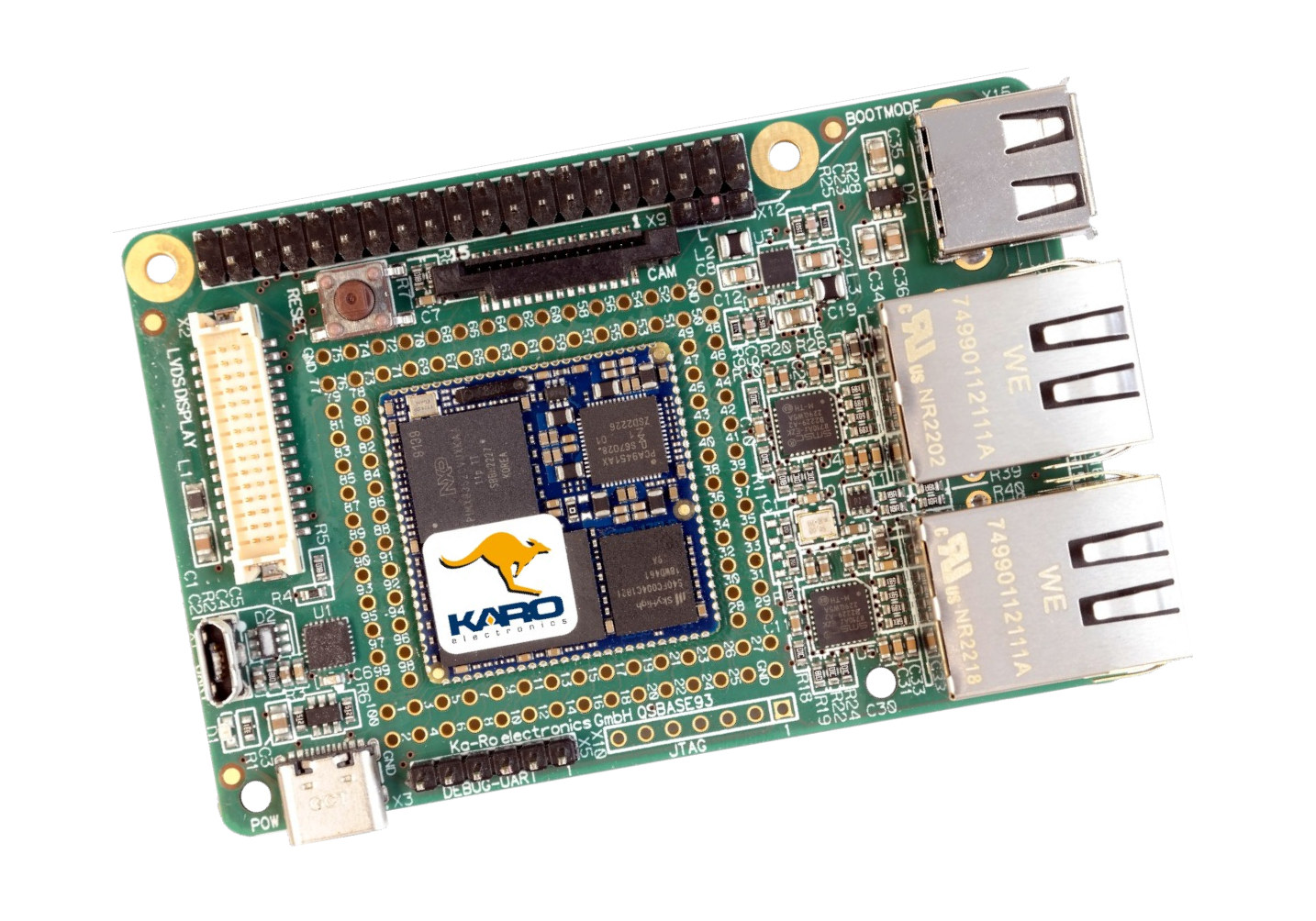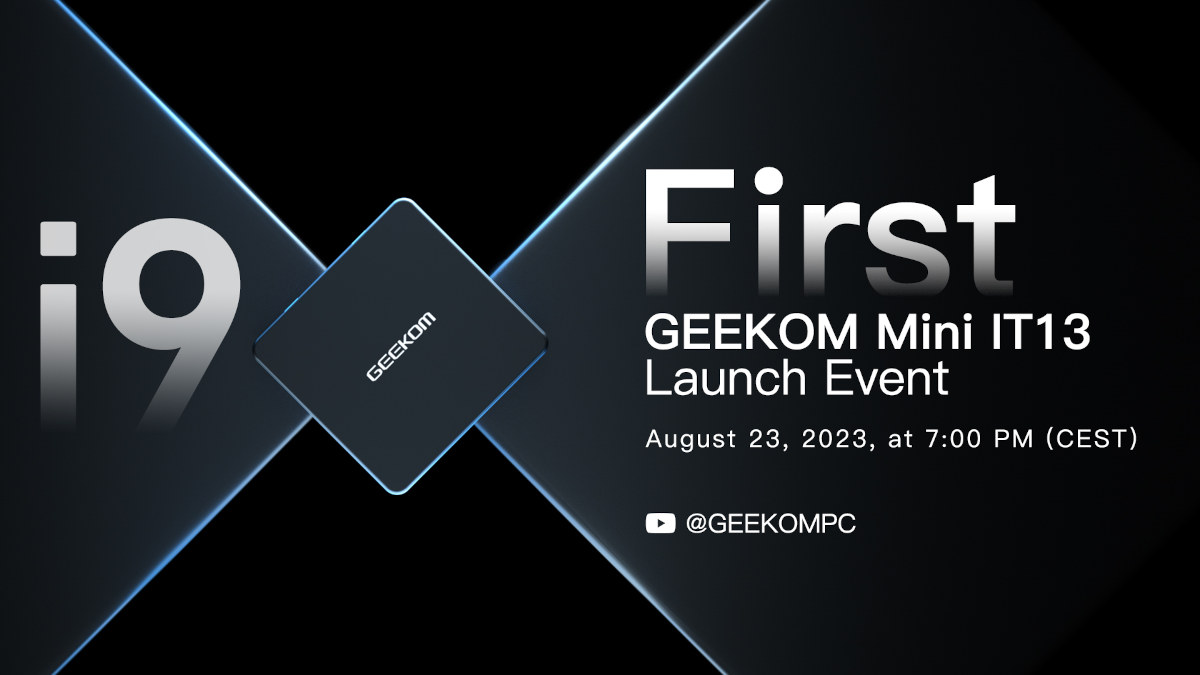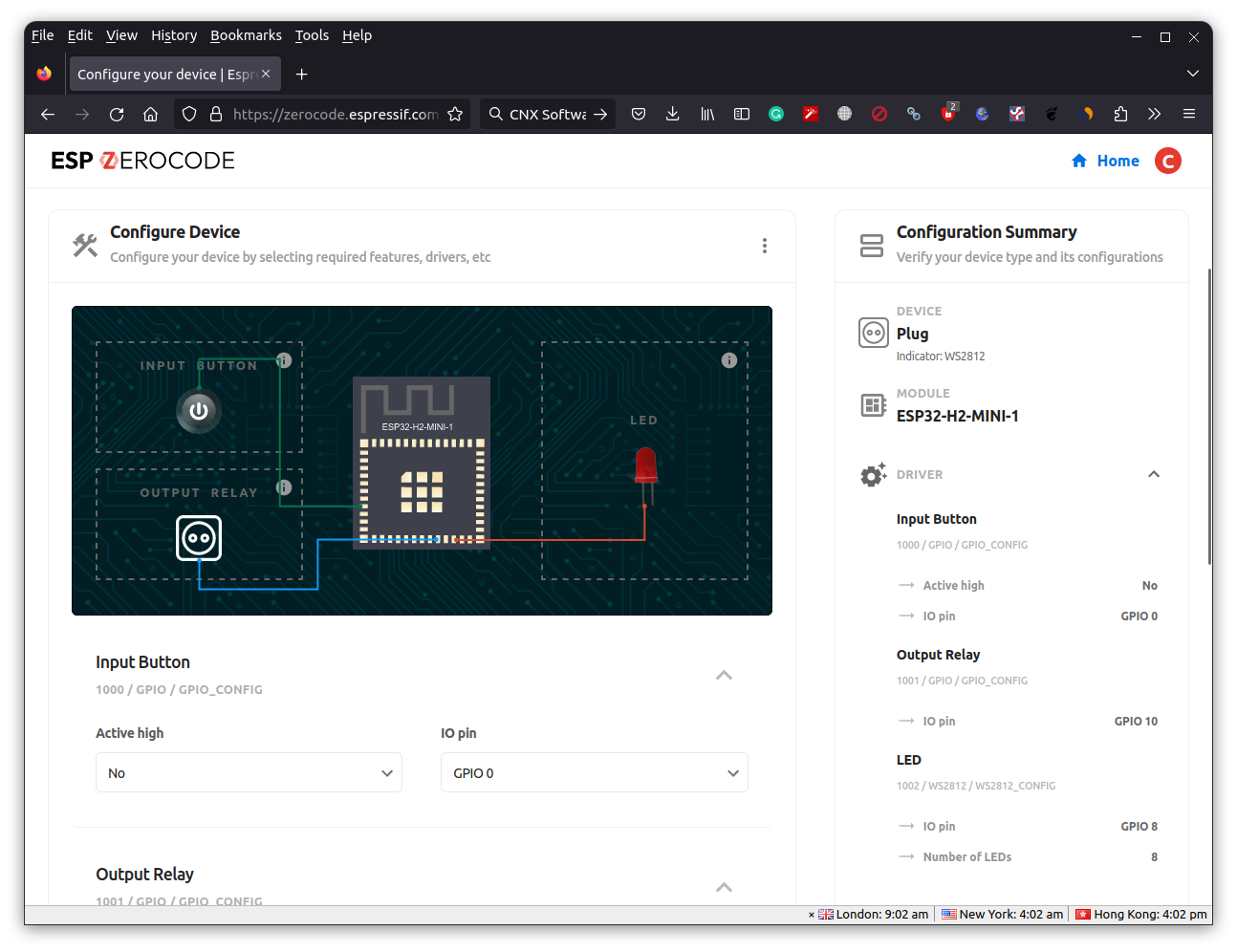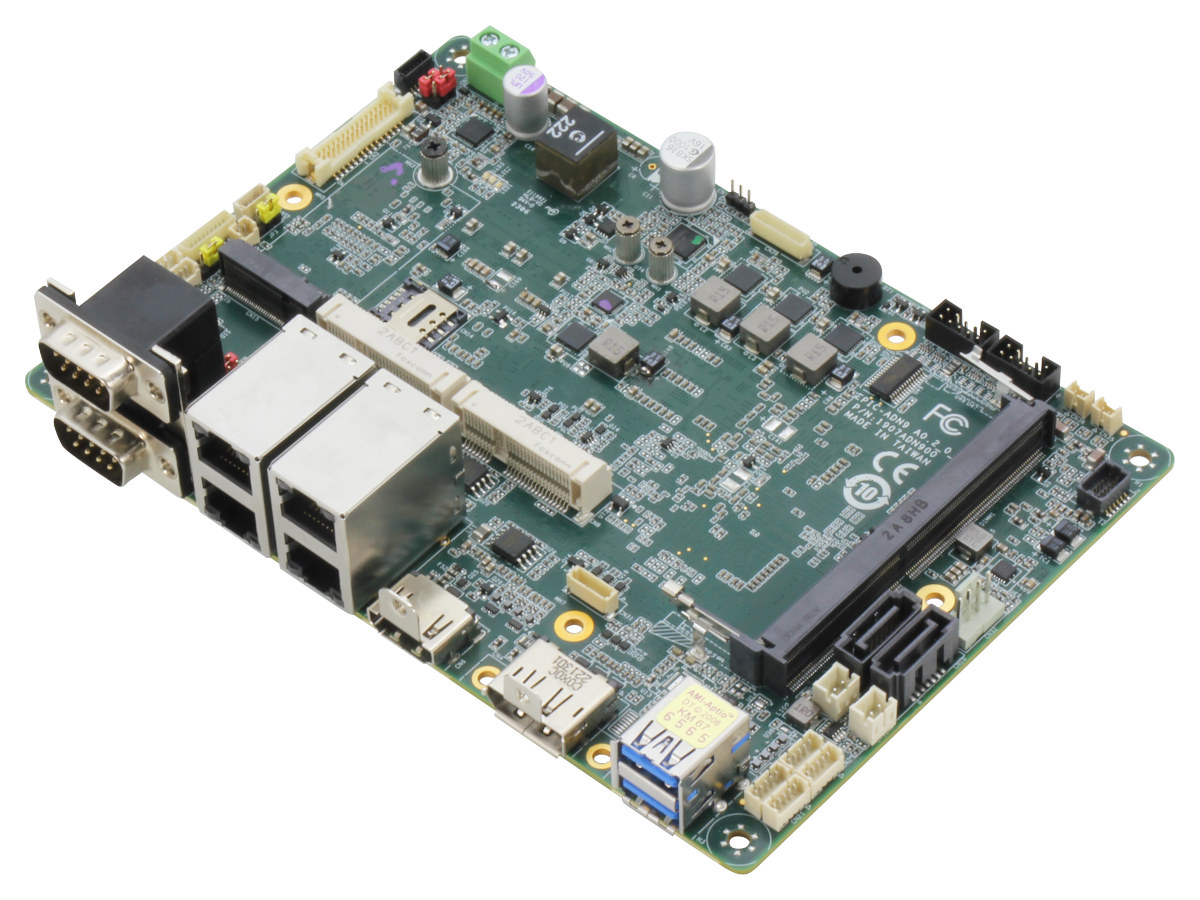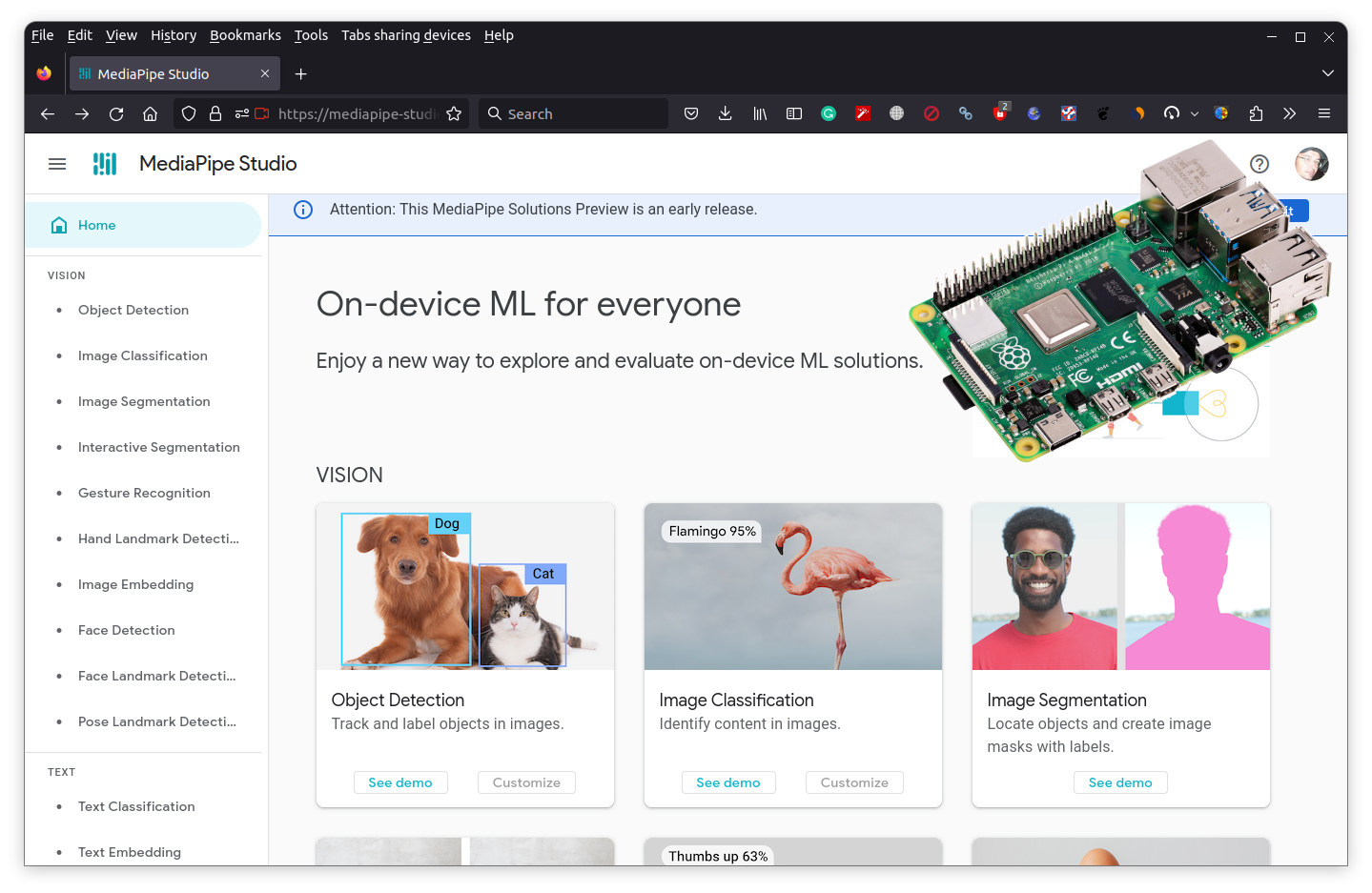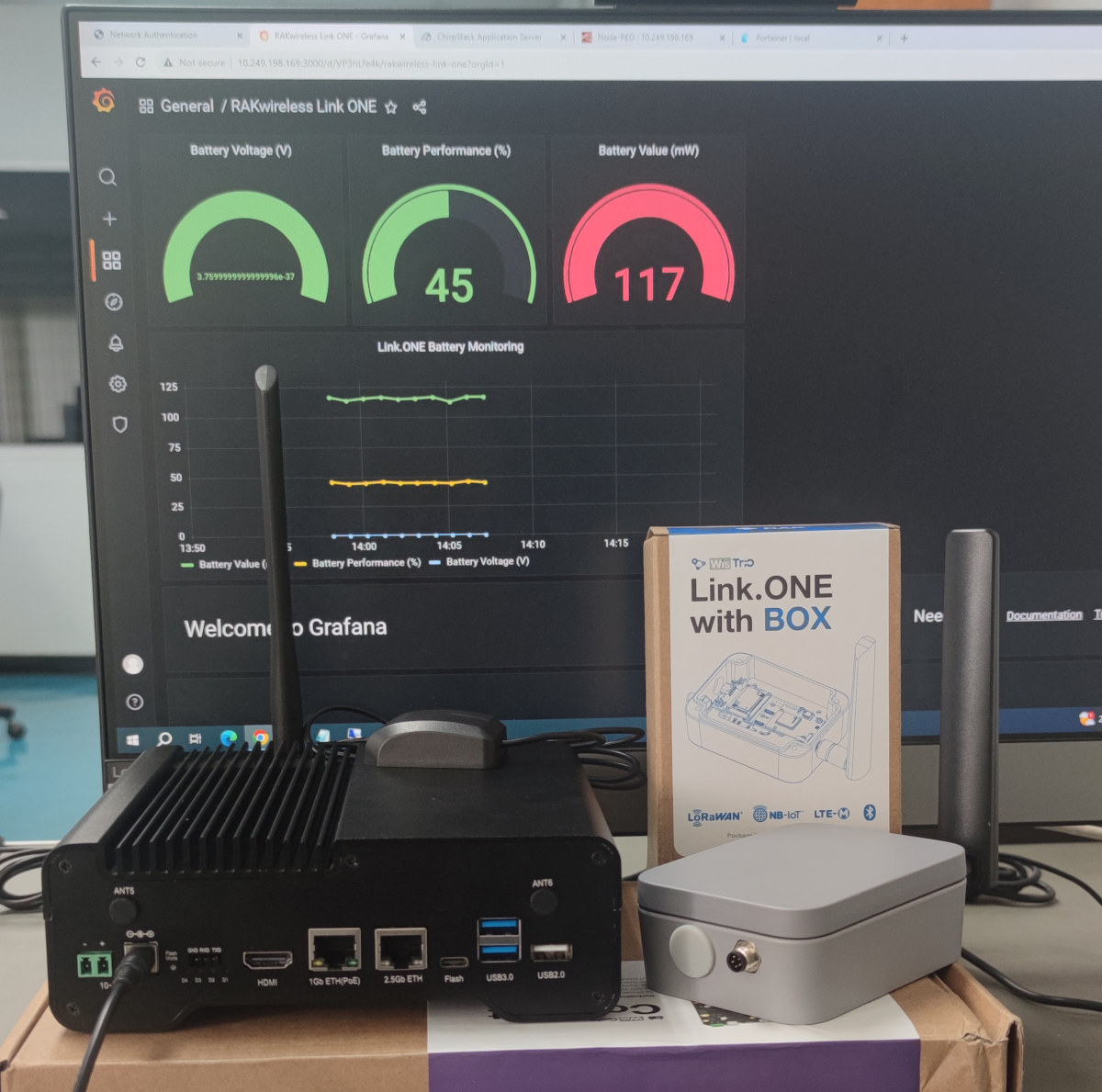Silicon Labs has launched two new Cortex-M33 SoCs optimized for Amazon Sidewalk with the EFR32SG23 (SG23) Sub-GHz wireless SoC and the EFR32SG28 (SG28) dual-band wireless SoC with Sub-GHz and Bluetooth LE. Both low-power SoCs are designed for “Internet of Things” applications in smart homes, security, lighting, building automation, and metering and come with a Matrix Vector Processor to enable AI/ML implementation for Smart End Nodes. Silicon Labs SG28 (EFR32SG28) specifications: MCU core – Arm Cortex-M33 @ 78 MHz with DSP instructions and FPU On-chip memory – Up to 256 kB RAM data memory On-chip storage – Up to 1024 kB flash program memory AI accelerator – Matrix Vector Processor for AI/ML acceleration Wireless Sub-GHz radio TX power up to +20 dBm Rx sensitivity – -98.6 dBm sensitivity @ 50 kbps 915 MHz 2GFSK 2.4 GHz BLE radio – TX power up to +10 dBm Protocol – Amazon Sidewalk Energy consumption […]
Getting started with VOIPAC IMX8M Industrial development kit (Yocto Linux SDK)
Last month I went through an unboxing of the VOIPAC iMX8M Industrial Development Kit with some specs and a quick try with the pre-loaded Yocto 3.1 Linux image. The kit is quite versatile with plenty of interfaces and headers, and eventually, it will support Android 12 and Ubuntu 22.04 LTS. but in the meantime, I played a bit with the Yocto Linux SDK for the NXP i.MX 8M board and will report by experience getting started with VOIPAC IMX8M Industrial development kit. WiFi antennas installation But before checking out Yocto Linux, I will install the two WiFi antennas since I did not do it last time around. We can attach the SMA connectors to the two metal plates on the side of the board securing them with the provided nuts and spacers. The other side of the antenna’s cable comes with a tiny u.FL (or is it MHF4) connector and […]
Tiny solder-down NXP i.MX 93 System-on-Module powers credit card-sized evaluation board
Ka-Ro Electronics’ QS93 is a tiny solder-down NXP i.MX 93 System-on-Module (SoM) running Linux and designed for edge processing. The company also offers a credit card-sized evaluation board that may remind some of the Raspberry Pi with its GPIO header and general layout, but it comes with two Fast Ethernet ports and one USB 2.0 port. We’ve already covered several system-on-modules based on the NXP i.MX 93 Cortex-A55/M33 AI processor including some with high-density board-to-board connectors such as the Compulab UCM-IMX93 and Forlinx FET-MX9352-C, others with a SO-DIMM connector like the VAR-SOM-MX93, and finally some designed to be soldered on the carrier board such as the OSM-L compatible iW-RainboW-G50M, and the QS93 adds to the latter category in a tiny 27×27 mm form factor. Ka-Ro electronics QS93 specifications: SoC – NXP i.MX 93 with CPU – Up to dual-core Cortex-A55 processor @ up to 1.5 GHz Real-time core – Arm […]
Unveiling The World’s First Mini PC Powered By The 13th Gen Core i9 CPU (Sponsored)
GEEKOM, a leading provider of Mini PCs, is thrilled to unveil its newest Mini IT13, the world’s first Mini PC with a 13th Gen Intel Core i9 processor. Equipped with the cutting-edge 13th Gen Intel Core i9-13900H/i7-13700H/i5-13500H processor, the GEEKOM Mini IT13 mini PC boasts up to 14 cores, 20 threads, and a maximum turbo frequency of 5.40 GHz. This powerful mini PC delivers groundbreaking performance for various tasks, including multitasking, gaming, and video editing. The computing experience is further elevated by the Intel Iris Xe Graphics, which provides remarkable graphics capabilities for stunning visuals. The Mini IT13 excels in display support, supporting 8K displays and multi-screen connectivity through its two USB4 and two HDMI 2.0 ports. Whether you’re tackling a complex project or binge-watching your favorite series, this Mini PC has you covered. It also features a versatile array of I/O ports, including six USB ports, two HDMI ports, […]
ESP ZeroCode web application creates custom Matter-certifiable firmware for ESP32 targets
Low-code/no-code platforms keep on coming and Espressif Systems ESP ZeroCode adds to the list. It is a web application designed to prepare Matter-certifiable firmware for ESP32 devices as per the user’s requirements. The website is supposed to streamline the product development where the firmware is developed for you (no need for those costly software/firmware engineers!) and future OTA updates are also guaranteed for a period of three years. It’s a bit similar to the Tuya platform, but for ESP32 devkits, modules, and/or rebranded products with Matter-certified firmware. So I went to the website to give it a try in Firefox in Ubuntu. After registration and login, we are given three options: Your products, Create a new product, and Rebrand a Certified Product I went with the second option and named by new product “CNX Software Gizmo”. In the next step, we can select the device type between socket, plug, light, […]
EPIC-ADN9 SBC features up to four 2.5GbE interfaces, two SATA ports
AAEON EPIC-ADN9 SBC is powered by an Intel Processor N50/N97, Core i3-N305, or Atom x7425E Alder Lake N-series processor and equipped with up to four 2.5GbE networking ports and two SATA III ports for storage. The board also comes with a SO-DIMM slot taking up to 16GB DDR4 memory, mSATA storage, three display interfaces including HDMI and DisplayPort, and two USB 3.2 Gen 2 ports, and offers expansion capabilities via M.2 and mPCIe sockets as well as headers. AAEON EPIC-ADN9 specifications: Alder Lake-N SoC (one or the other) Intel Core i3-N305 octa-core processor @ 1.8 / 3.8 GHz (Turbo) with 6 MB cache, 32 EU Intel UHD Graphics up to 1.25 GHz; TDP: 15W Intel Atom x7425E quad-core processor @ 1.5 / 3.4 GHz (Turbo) with 6 MB cache, 24 EU Intel UHD Graphics up to 1.00 GHz; TDP: 12W Intel Processor N97 quad-core processor @ 2.0 / 3.6 GHz […]
MediaPipe for Raspberry Pi released – No-code/low-code on-device machine learning solutions
Google has just released MediaPipe Solutions for no-code/low-code on-device machine learning for the Raspberry Pi (and an iOS SDK) following the official release in May for Android, web, and Python, but it’s been years in the making as we first wrote about the MediaPipe project back in December 2019. The Raspberry Pi port is an update to the Python SDK and supports audio classification, face landmark detection, object detection, and various natural language processing tasks. MediaPipe Solutions consists of three components: MediaPipe Tasks (low-code) to create and deploy custom end-to-end ML solution pipelines using cross-platform APIs and libraries MediaPipe Model Maker (low-code) to create custom ML models MediaPipe Studio (no-code) webpage to create, evaluate, debug, benchmark, prototype, and deploy production-level solutions. You can try it out directly in your web browser at least on PC and I could quickly test the object detection on Ubuntu 22.04. MediaPipe Tasks can be […]
Setting up a private LoRaWAN network with WisGate Connect gateway
In this guide, we’ll explain how to set up a private LoRaWAN network using the Raspberry Pi CM4-based RAKwireless’ WisGate Connect gateway and Docker or Portainer to install NodeRED, InfluxDB, Grafana, and other packages required to configure our gateway. The WisGate Connect is quite a versatile gateway with Gigabit and 2.5Gbps Ethernet plus several optional wireless connectivity options such as LoRaWAN, 4G LTE, 5G, WiFi 6, Zigbee, WiFi HaLoW, and more that can be added through Mini PCIe or M.2 sockets, expansion through WisBlock IO connectors and a 40-pin Raspberry Pi HAT connector. We’ll start by looking at the gateway features in detail, but if you already know all that, you can jump to the private LoRaWAN network configuration section. WisGate Connect unboxing, specifications, and teardown RAKwireless sent us a model with a Raspberry Pi CM4 equipped with 4 GB of RAM and 32 GB of eMMC memory, GPS and […]


